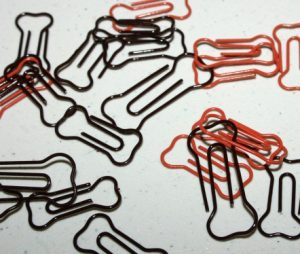Eating Disorders And Bone Loss
 More than half of young women with anorexia develop osteoporosis, according to a study published in the Cleveland Clinic Journal of Medicine.
More than half of young women with anorexia develop osteoporosis, according to a study published in the Cleveland Clinic Journal of Medicine.
Since bone loss doesn’t necessarily cause any symptoms, it’s called a “silent” disease – and it can cause complications if it’s not addressed through dietary and lifestyle interventions.
How anorexia causes bone loss
Malnutrition and lack of calcium are significant factors that contribute to bone loss in people with anorexia. Since bone loss tends to happen early in the disease, the problem will worsen over time if treatment is not received.
Since the onset of anorexia often coincides with adolescent years – the peak time for building bone mass – this may also compound the problem.
Hormonal issues
Hormonal disruptions related to anorexia can also contribute to bone loss. Low body weight is associated with decreased estrogen, which affects bone density. Additionally, anorexics tend to have excessive amounts of cortisol, a hormone that can trigger bone loss.
In males, low androgen levels may also play a role in deteriorating bone health.
Long-term consequences
Over time, bone loss can increase risk of both minor and serious fractures. This can make simple weight-bearing exercises like walking more difficult, which can lead to a more sedentary lifestyle, weight gain, and a higher risk for heart disease or diabetes.
According to the National Osteoporosis Foundation, 20 percent of seniors who break a hip die within one year from complications related to the fracture or the surgery needed to fix it.
Prevention
The best way to prevent bone loss is with a balanced diet rich in calcium and vitamin D. Eat lots of dark, leafy greens, lean proteins, nuts and seeds, and fortified milks or cereals.
Strength-training exercises can also help to improve bone health, but weight restoration – not necessarily bulking up – is the best approach.
Reaching a healthy weight will help to normalize hormone levels that are critical in helping your bones stay strong.
Source: NIH
 Eating Disorder Self Test. Take the EAT-26 self test to see if you might have eating disorder symptoms that might require professional evaluation. All answers are confidential.
Eating Disorder Self Test. Take the EAT-26 self test to see if you might have eating disorder symptoms that might require professional evaluation. All answers are confidential.